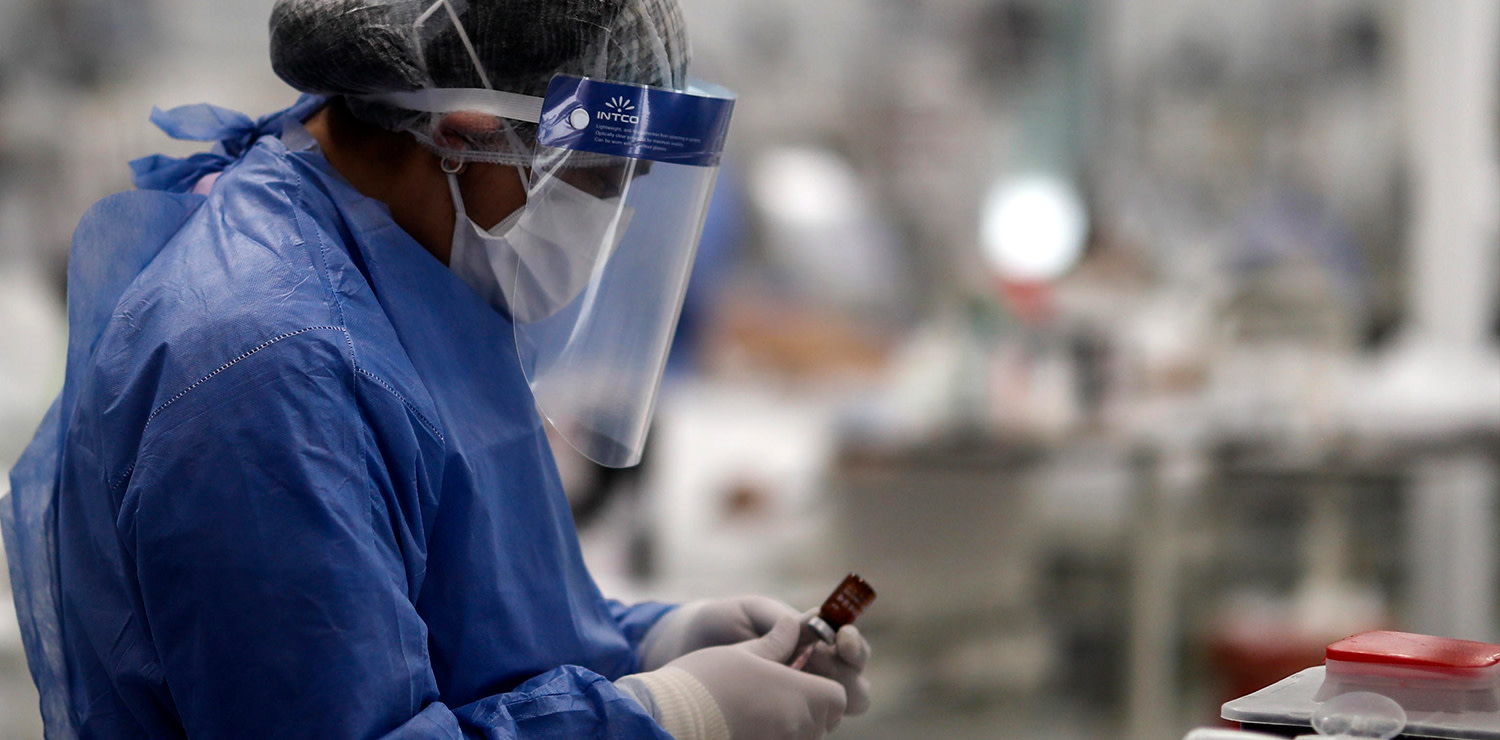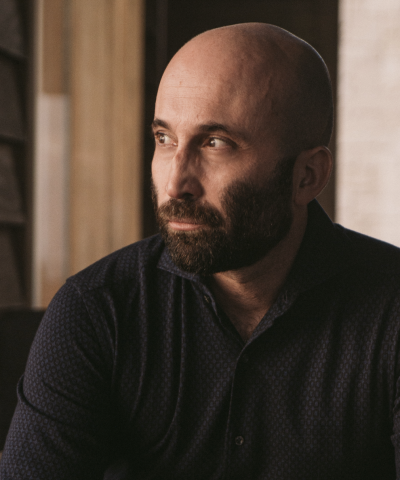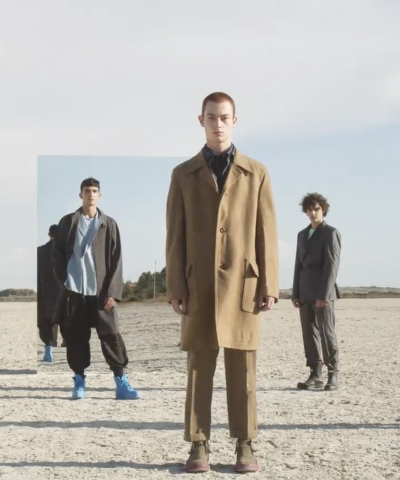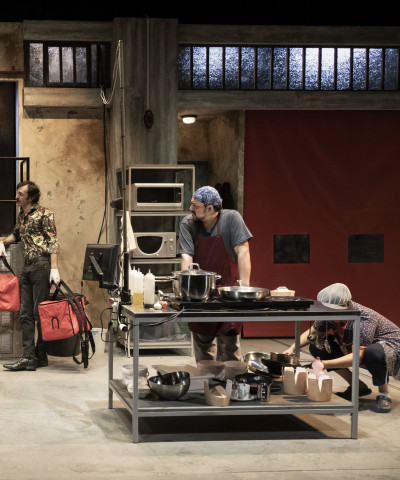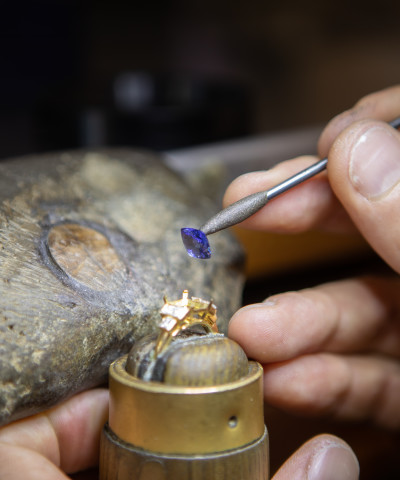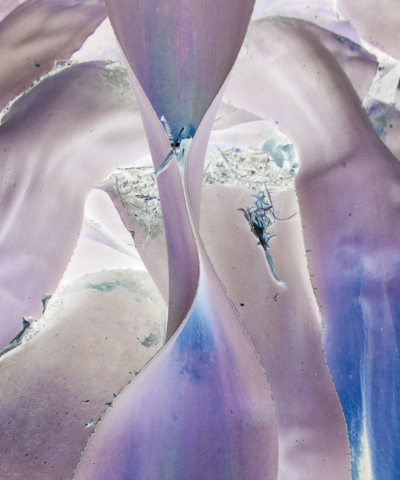Covid-19 and the cure discovered in Prato
Our interview with Professor Fabrizio Cantini who identified the potential of Baricitinib in a comparison between 7 Italian hospitals
It is called Baricitinib. It is the drug that is proving effective as a new therapy on patients with Coronavirus pneumonia, but be careful to misunderstand: it is not effective in prophylaxis.
It is an "off-label" drug generally used for rheumatoid arthritis, which Professor Fabrizio Cantini, director of the complex structure of Rheumatology at the Prato Hospital, started to use as a treatment for Covid as early as the first phase of the epidemic, in March.
The goal: to prevent the aggravation of pneumonia and the transfer of patients to intensive care.
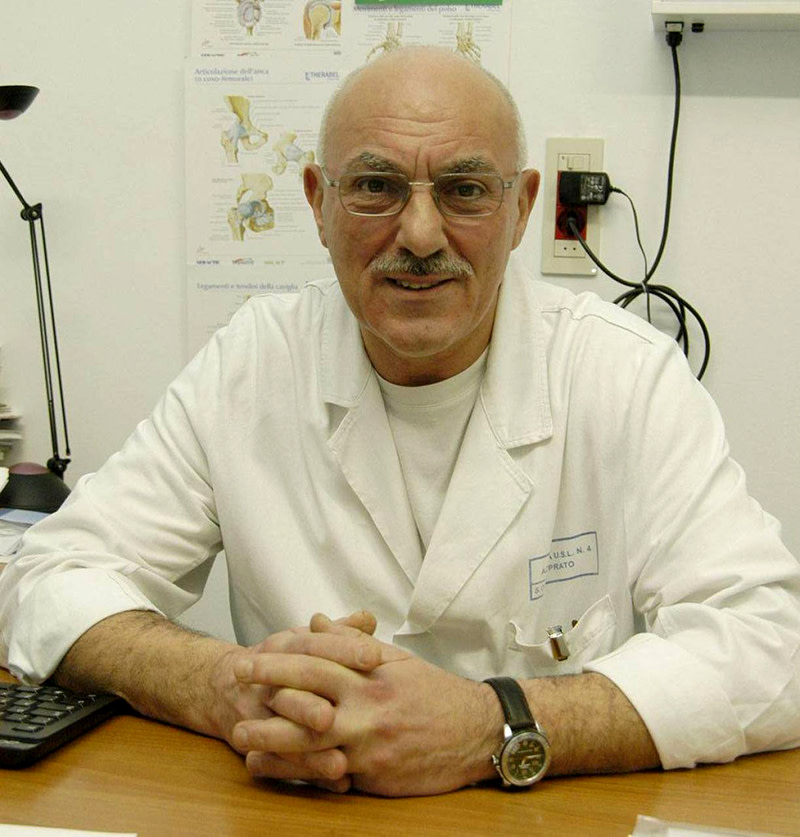 Fabrizio Cantini
Fabrizio Cantini
Professor Cantini, when did you begin to realize the effectiveness of Baricitinib?
When the virus hit us in March with its dramatic impact and until last April there were no specific anti-viral drugs to fight Covid-19 and those employed until then had not given encouraging results. The 12 patients treated at the hospital in Prato with Baricitinib have responded very well to the therapy, constantly improving until recovery. None of them were transferred to intensive care.
How does it work?
We now know that Covig-19 is a devious virus that affects the respiratory tract causing severe pneumonia, sometimes fatal, and it does so by stimulating the cells of the immune system to produce a large amount of substances with inflammatory action, the so-called cytokines, responsible for the dramatic evolution of the disease (cytokinic storm). At Santo Stefano we focused on finding a therapy that would act on the reproduction of the virus and its ability to release the pro-inflammatory cytokines responsible for the severe inflammatory reaction with severe lung damage, respiratory failure and unfortunately in many cases even death. Hence the intuition of Baricitinib used in rheumatology pathology in which, precisely, cytokines are released. Another demonstration came from the study of a London colleague who showed that the drug was able to prevent the entry of the virus into lung cells. At that point we realized the double action: prevent the release of cytokines and block the entry of the virus into the cells.
What are the results of Baricitinib for the Covid treatment so far?
In addition to the 12 patients being treated in Prato, Baricitinib has been extended to other hospitals of Ausl Toscana Centro, San Jacopo di Pistoia and Santa Maria Nuova in Florence and the hospitals of Alessandria, Fano, Pesaro and Ariano Irpino that had used it in similar cases. The therapy was administered to 116 patients for two consecutive weeks: again the results obtained in Prato were confirmed, without any death.
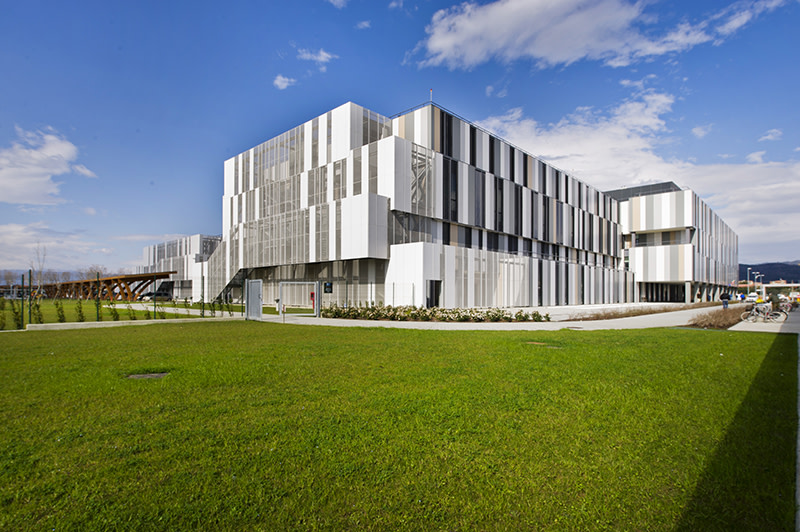 Ospedale S. Stefano di Prato
Ospedale S. Stefano di Prato
Which colaborations were decisive?
In the phase of conception and preparation of the study protocol, I discussed with Professor Delia Goletti of the Spallanzani Institute in Rome and Professor Anthony Fauci of the National Institute of Allergy and Infectious Diseases (and immunologist of the White House task force, ed.). Professor Fauci treated 1033 patients with coronavirus pneumonia by administering Baricitinib in combination with Remdesivir (the only antiviral drug that has been shown to be effective in coronavirus pneumonia) and noted the effectiveness of the drug by comparing this group of patients with another patient taking only Remdesivir. Their results confirmed ours: the therapy with Baricitinib allowed to shorten the healing time. The study will be published next week, in the New England Journal of Medicine, but I already know the results because I was present at the international boarding where these data were presented. At this point we have one more weapon to treat the Coronavirus.
Is it a drug that could also be useful in prevention?
I thank you for the question because it allows me to make an important clarification: there is no evidence that Baricitinib serves as a prophylaxis, nor is it a drug to be administered to all covid-positives with some minimal symptoms. The scientific demonstration of its effectiveness is only relative to that group of patients suffering from Coronavirus pneumonia.
Is it important to get the flu vaccine this year? Is it also important for non-risk categories (healthy adults who have never done it)?
This year it is even more so. Not because the flu vaccine prevents contagion, but because it prevents the saturation of the emergency room of the many people who have a flu vaccine at this time.
Would you like to thank someone?
These things cannot be done alone, so I would like to express my sincere thanks, in addition to all my colleagues at the Prato Hospital and the other hospitals that have collaborated, to Dr. Daniela Matarrese, director of the hospital garrison who supported us in a commendable way, and Professor Delia Goletti, the famous researcher at the Spallanzani Institute in Rome with whom I interacted with Antony Fauci since she knows him very well having worked there for three years in a row.






